
In Ukraine, law enforcement officers exposed a group of people who were preparing a series of arson attacks in crowded places, including in the European Union. All this was planned by order of the Russian special services.
This is stated in the message of the National Police of Ukraine.
Arsons in the EU countries
According to the investigation, one of the suspects — 39-year-old resident of Ivano-Frankivsk — agreed to cooperate with the FSB of the Russian Federation, in particular, to find pro-Russian people for money to carry out arson. The arsonists were promised money for such work. To find potential perpetrators, they used personal connections in criminal circles.
Now watching
It is worth noting that the main requirement from the FSB for selecting executors of criminal tasks — had Ukrainian citizenship.
A curator from the Russian Federation sent data about the object for future arson to the leader of the group. Next, the attackers prepared fake documents for their agents to allow them to travel abroad without hindrance. They also opened bank accounts for dummies to ensure financing of their criminal activities. For example, they bought fuel and other means to fulfill the order.
Once in the city where the crime was planned, the attackers carefully planned the arson, its obligatory fixation and escape routes from the scene. In order to prevent information leakage, communication between performers and recruiters took place through closed communication channels.
Where arson was committed in Europe
According to the SBU, the criminal group included 19 people who were dispersed among their places of residence in the Ivano-Frankivsk, Dnipropetrovsk, Poltava regions and Zaporozhye.
It is now known that several retail establishments were destroyed by fire in Poland and the Baltic countries. In some episodes, sudden fires destroyed thousands of square meters of trading floors. According to operational data, in the near future the attackers planned to destroy a humanitarian aid center for Ukrainians in Poland.
Russian special services planned that such arson of shopping centers, warehouses or critical infrastructure facilities was supposed to destabilize the internal situation and discredit Ukraine, as well as spoil friendly relations with partner countries, and reduce the provision of assistance to us.< /p>
The performers were first given an advance, and the curators transferred the rest of the money after the arson was carried out and mandatory confirmation in media publications.
To complicate the process of tracking transactions, all money transfers were made to the crypto-wallets of the so-called mules, who provided the dealers with their accounts for a small financial reward, the National Police of Ukraine said.
Detaining intruders
July 18, employees of the Department of Strategic Investigations, the Main Investigation Directorate, the Department of Internal Security of the National Police, the counterintelligence of the SBU, the Main Intelligence Directorate of the Ministry of Defense, with the force support of the special police regiment and TOR, together with the Office of the Prosecutor General, conducted 40 searches at places of residence and in transport funds of the defendants in the territory of Dnepropetrovsk, Zaporozhye, Ivano-Frankivsk, Poltava regions and Kyiv.
As a result of the special operation, members of the criminal group were detained in the Ivano-Frankivsk region.
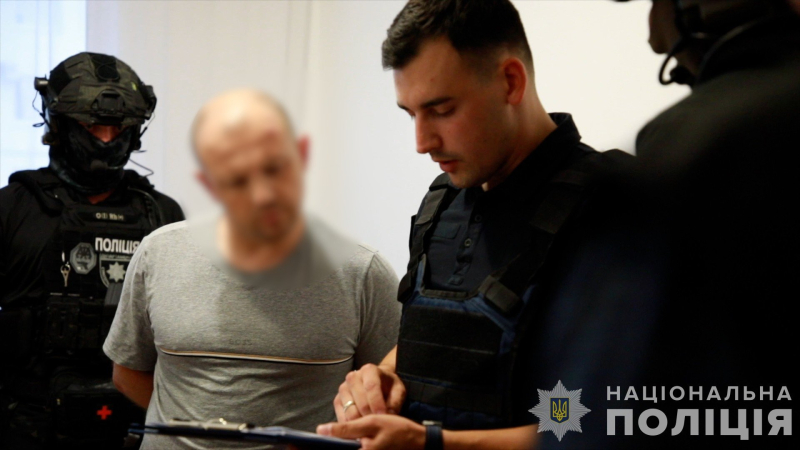
National Police
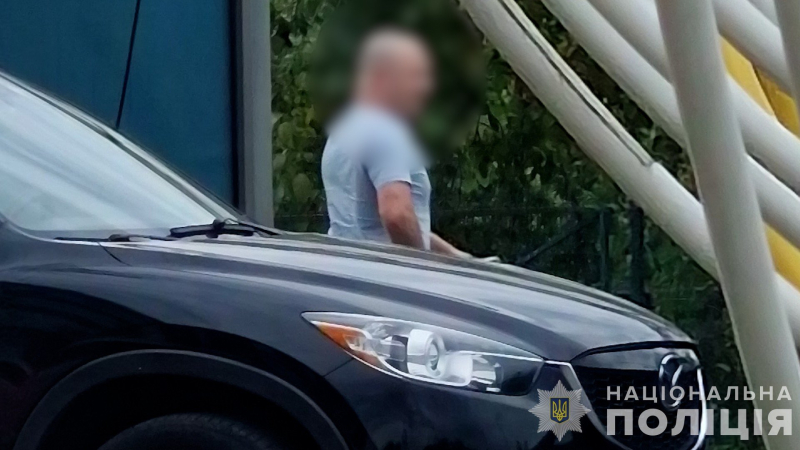
National Police

National Police
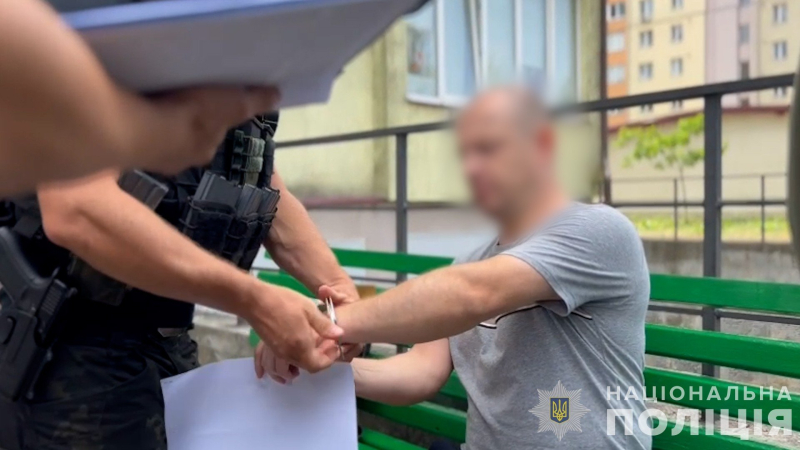
National Police
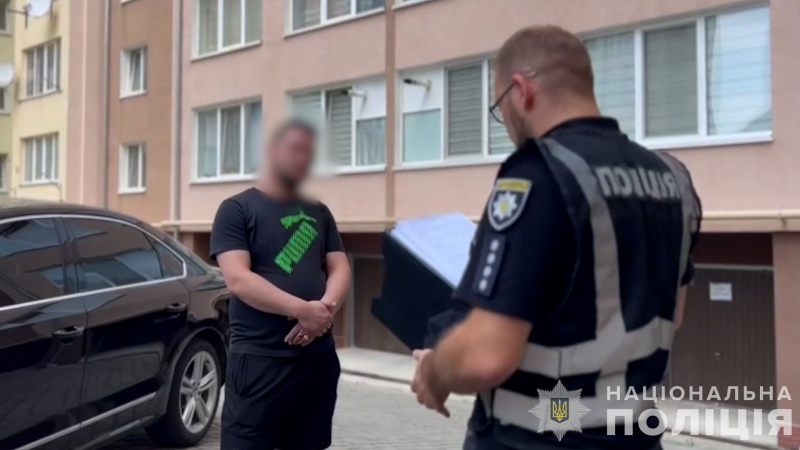
National Police
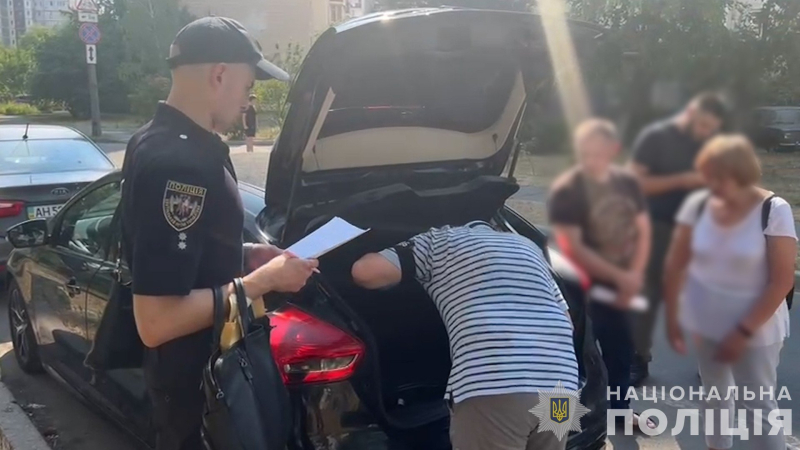
National Police
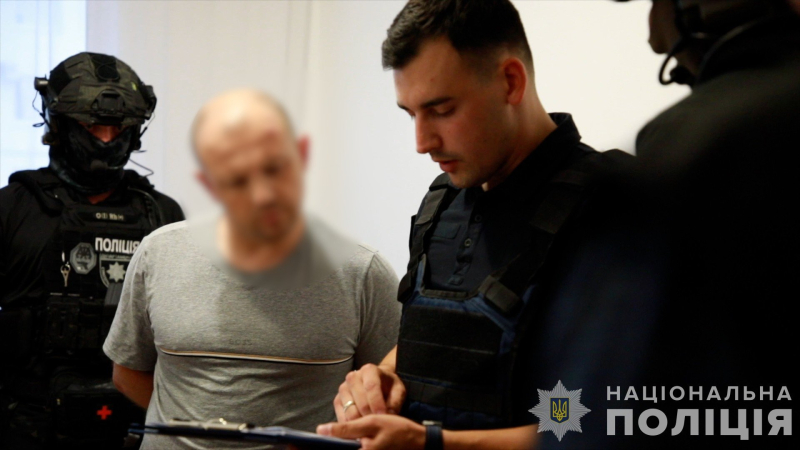
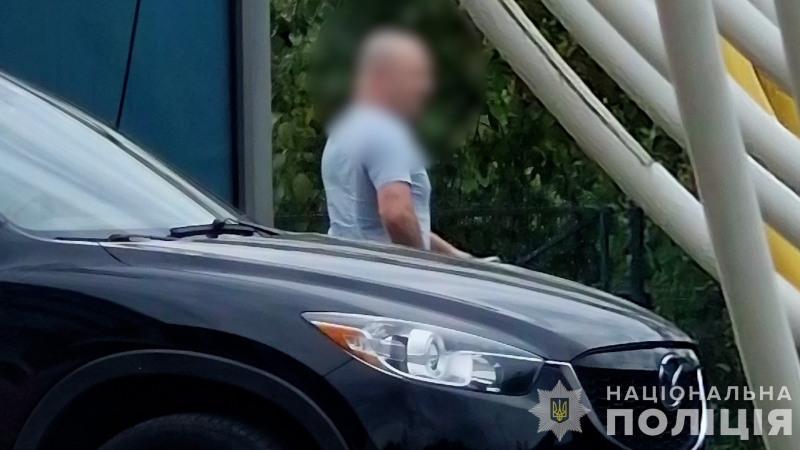

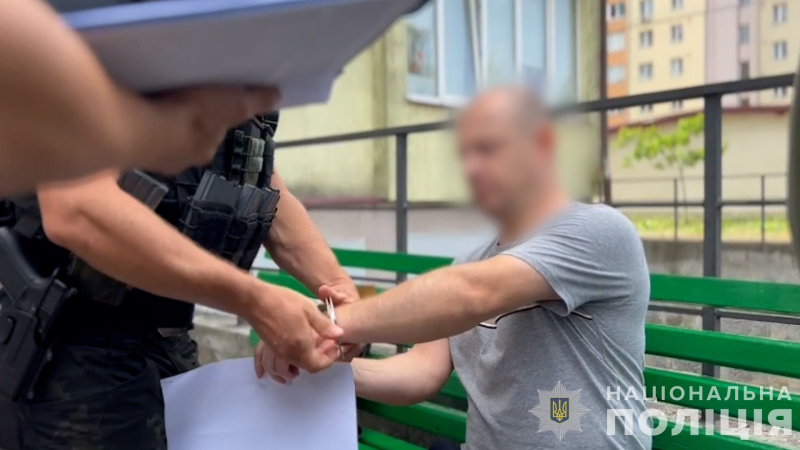
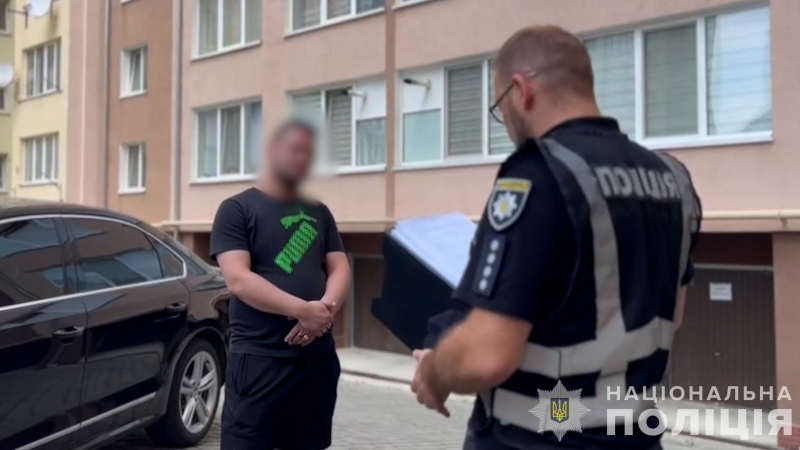
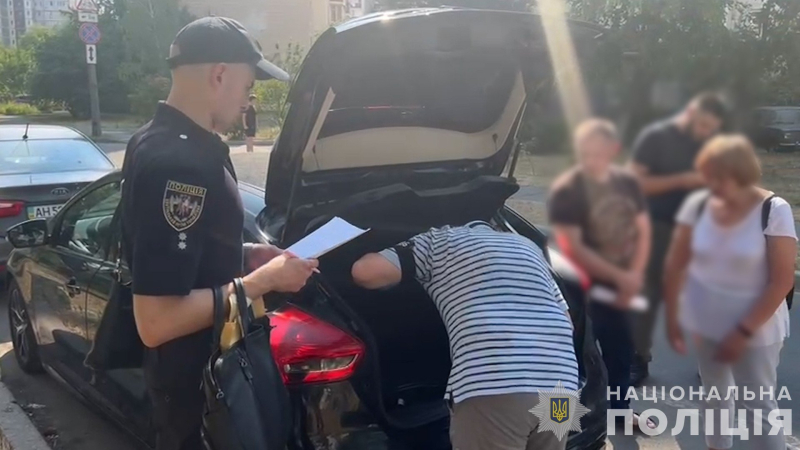
Weapons and ammunition, nine cars, $77,200, 500,000 UAH, bank cards, mobile phones, rough notes were seized. Fake vehicle registration certificates, medical certificates, educational certificates and thousands of blank forms were also seized.
Each of the defendants was informed of suspicion under several articles of the Criminal Code of Ukraine:
- h. 2 tbsp. 111 (high treason);
- h. 1 tbsp. 14 hours 2 tbsp. 194 (intentional destruction or damage to property);
- h. 2 tbsp. 199 (Manufacture, storage of counterfeit money, government securities, excise tax stamps or holographic security elements);
- h. 3 tbsp. 358 (Forgery of documents, seals, stamps and forms, sale or use of counterfeit documents, seals, stamps).
Detainees face punishment — up to life imprisonment.
Investigative actions and operational measures are ongoing to bring all those responsible to justice.
